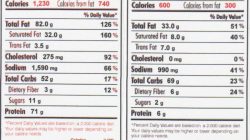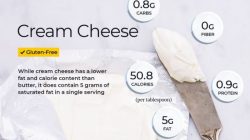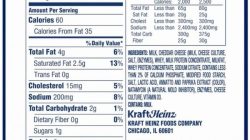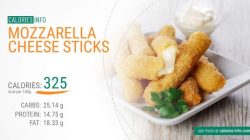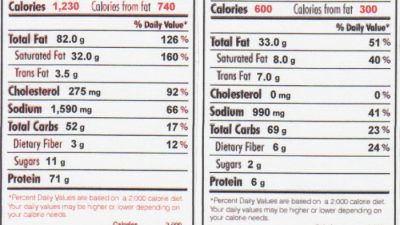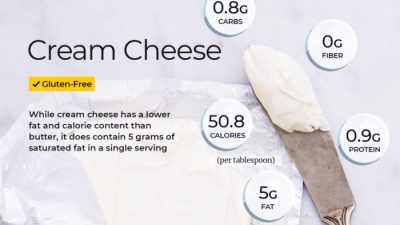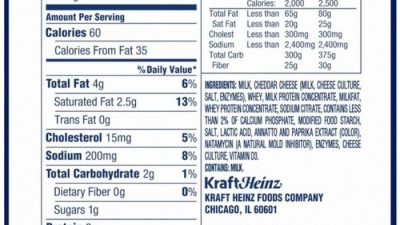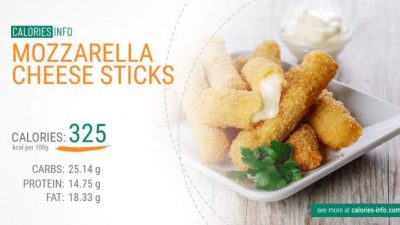Calorie and Macro Content Comparison
Nutrition sausage egg cheese mcmuffin – The Sausage Egg Cheese McMuffin, a seemingly innocent breakfast staple, presents a compelling case study in the complexities of modern nutrition. Its convenient portability and familiar taste belie a caloric and macronutrient profile that warrants careful consideration within the context of a balanced daily diet. Understanding its composition allows for informed choices, ensuring the McMuffin, if consumed, fits harmoniously into a broader nutritional strategy.The McMuffin’s caloric density, largely driven by its ingredients – sausage, egg, cheese, and English muffin – stands in stark contrast to lighter breakfast options.
This comparison highlights the importance of mindful consumption and portion control. A balanced daily caloric intake, tailored to individual needs based on factors like age, activity level, and metabolism, should be the guiding principle. The McMuffin can be part of this balance, but only as one piece of a larger puzzle.
Macronutrient Proportions
Imagine a pie chart representing the macronutrient composition of a Sausage Egg Cheese McMuffin. A significant portion, perhaps 40%, would be dedicated to fat, primarily from the sausage and cheese. Protein, mainly from the egg and sausage, would occupy another substantial section, say 30%. The remaining 30% would represent carbohydrates, mostly from the English muffin. This visual representation clearly illustrates the McMuffin’s relatively high fat content compared to its protein and carbohydrate components.
This contrasts sharply with, for example, a bowl of oatmeal, where carbohydrates would dominate the chart, followed by a smaller protein segment and a minimal fat contribution.
Calorie and Macronutrient Comparison Table, Nutrition sausage egg cheese mcmuffin
| Breakfast Option | Calories (approx.) | Protein (g) | Fat (g) | Carbohydrates (g) |
|---|---|---|---|---|
| Sausage Egg Cheese McMuffin | 400-450 | 15-20 | 25-30 | 30-35 |
| 1 cup Oatmeal (plain) | 150-200 | 5-7 | 2-4 | 30-40 |
| 1 cup Plain Yogurt (non-fat) | 100-150 | 10-15 | 0-2 | 10-15 |
| 2 Scrambled Eggs with Spinach | 200-250 | 15-20 | 10-15 | 5-10 |
Note: Calorie and macronutrient values are approximate and can vary depending on specific ingredients and preparation methods. These figures are based on commonly available nutritional information for standard servings.
Questions Often Asked: Nutrition Sausage Egg Cheese Mcmuffin
What type of cheese is typically used in a Sausage Egg Cheese McMuffin?
A blend of cheddar and processed cheese is commonly used.
Can I substitute the sausage for a healthier option?
Yes, you can replace the pork sausage with turkey sausage or even a vegetarian alternative to reduce saturated fat and increase protein.
How many calories are in a Sausage Egg Cheese McMuffin?
The calorie count varies slightly depending on location and preparation, but it’s generally around 300-350 calories.
Is a Sausage Egg Cheese McMuffin suitable for someone with high cholesterol?
No, due to the high saturated fat and cholesterol content, it’s generally not recommended for individuals with high cholesterol. Consider healthier alternatives.
The nutritional profile of a Sausage Egg Cheese McMuffin is undeniably less favorable than many healthier breakfast options. However, comparing it to the caloric bomb that is a Whopper with Cheese, readily detailed at whopper with cheese nutrition , highlights the McMuffin’s relative nutritional advantage. Ultimately, while neither is a health food, the McMuffin presents a significantly less detrimental breakfast choice.


